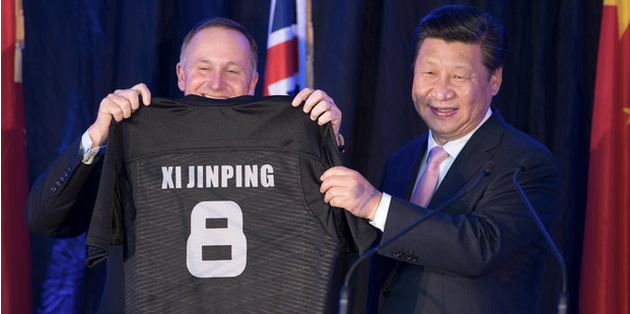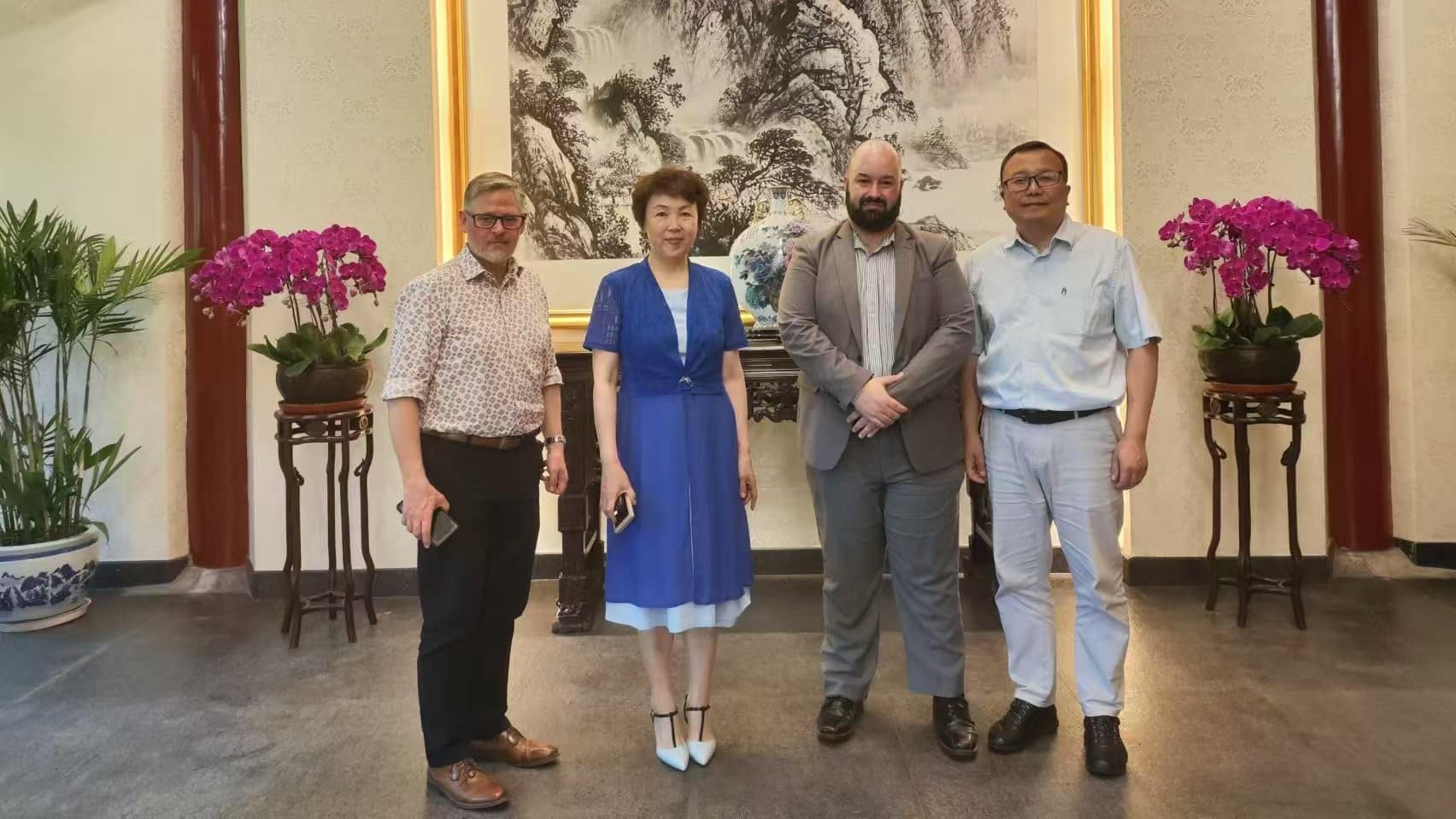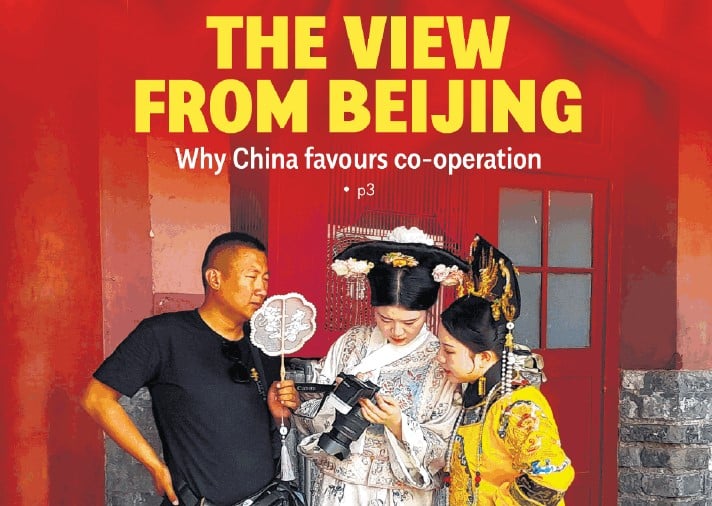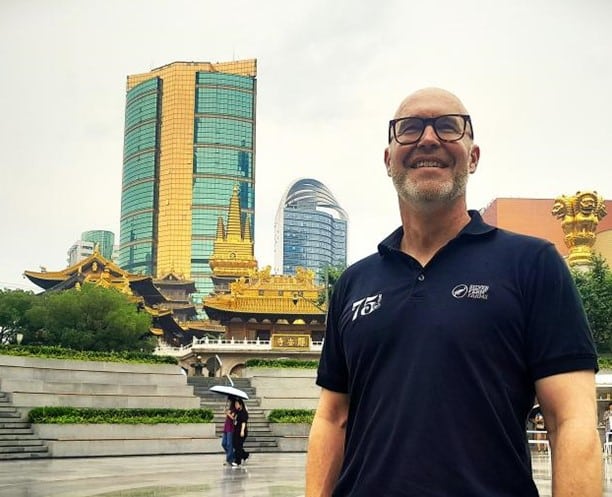Stephen Jacobi: John Key sets high bar in relationship with China
When it came to New Zealand and China, John Key was acutely aware of the high stakes.
He knew China was an economic lifeline following the Global Financial Crisis, as export growth to our traditional markets stalled or went backwards. He knew our living standards depended on lifting the economic relationship and setting aggressive new targets for trade in goods and services.
Key also knew he had to lead engagement from the top, investing his personal time and mana in the exercise. The importance of guanxi, or business networks established over time through strong personal connections, was not lost on Key, who made no fewer than six official visits to China during his time as Prime Minister.
His commitment was clear on a number of occasions, including at the height of a serious food safety scare, when instead of sending officials in his place, Key personally flew to China to front up to the Chinese leadership, as well as millions of concerned Chinese mothers via the national news media.
Key also strongly encouraged other Ministers to spend time on the ground in China. There were more than 15 Ministerial visits in 2010, a key year in setting the tone of the relationship. Numerous high level business delegations followed, developing new opportunities in sectors from science and education to film and TV production.
This investment in China led to unprecedented levels of cooperation. In 2010, Key and Chinese President Xi Jinping agreed to double bilateral trade to $20 billion by 2015, a goal reached a year early. A more ambitious goal was immediately set to grow trade in goods and services to $30 billion by 2020.
Beyond trade, Key’s role as the ‘great reassurer’ served us well with China. He calmly downplayed fears about China’s influence in the residential housing market, the sale of productive farmland and allegations of steel dumping. He urged Kiwis to see China not as a threat, but for what it really is: an opportunity, and an exciting and fascinating country eager to engage with us.
Much of Key’s success probably came down to his personal qualities. He was able to form a close personal relationship with President Xi, despite differences of view and outlook in many areas. In the past 12 months, he had as many if not more face-to-face time with President Xi than almost any other world leader.
Just weeks before Key’s resignation, negotiations to upgrade to the 2008 Free Trade Agreement were announced to ensure Kiwi producers and businesses maintain competitive access to the Chinese market. These developments to not occur in a leadership vacuum. They require a conscious and consistent effort from the top, and the development of strong mutual trust.
Looking ahead, there is little reason to believe the immediate change in leadership in New Zealand will alter the trajectory set by the outgoing Prime Minister. In his own words at a recent NZ China Council meeting, the China relationship is now in ‘top notch’ condition, and there is ‘a lot more’ in front of us.
Key’s legacy with China is more than just trade and more than a healthy balance of guanxi. What he leaves is a challenge for all future Prime Ministers: If you genuinely value our relationship with China, don’t just say so. Get on that plane and prove it.
Stephen Jacobi is the Executive Director of the New Zealand China Council.
— As published in the New Zealand Herald 21 December 2016












 MENU
MENU
